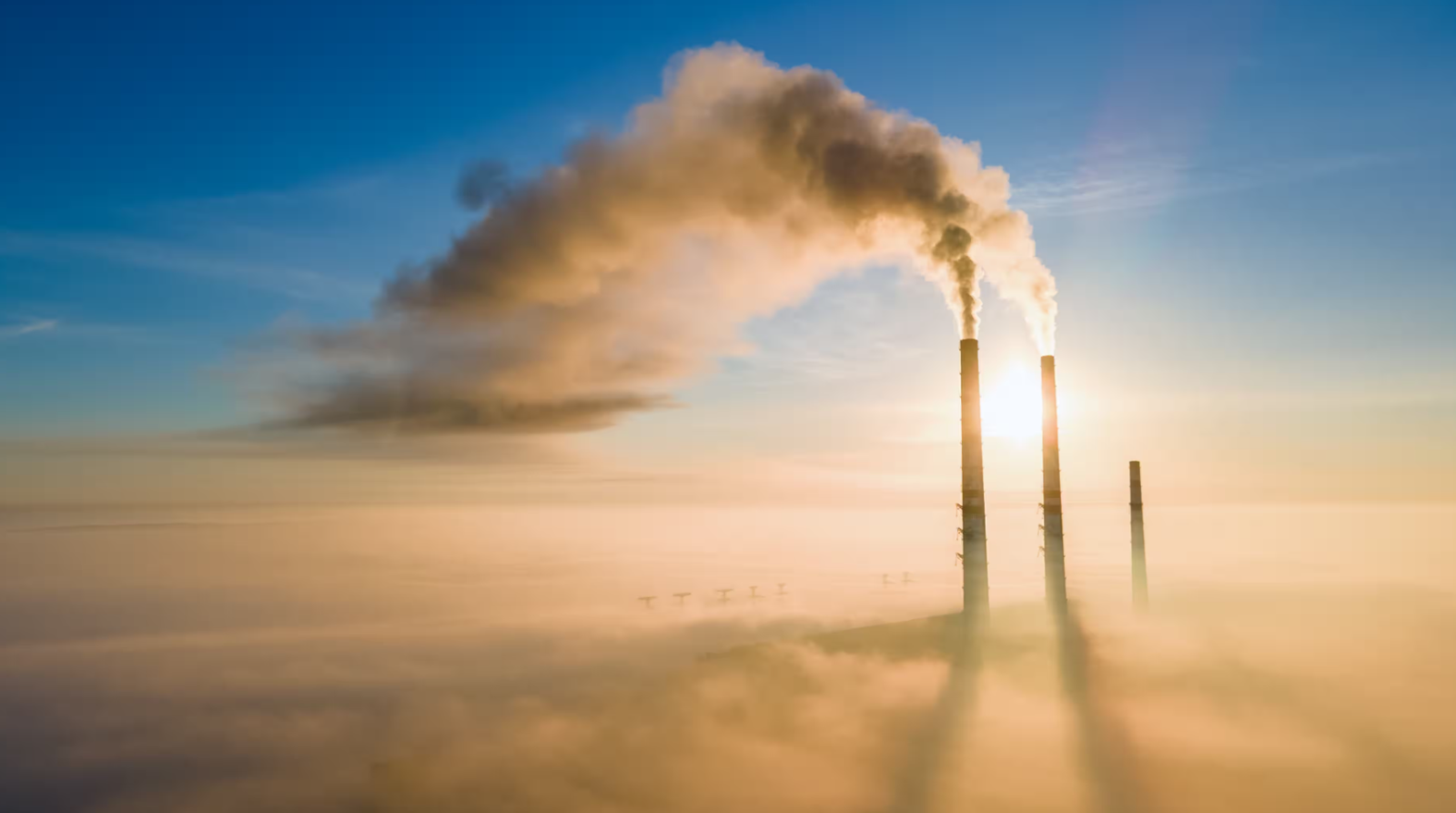
In a letter seen by The Guardian, leaders from small island nations called on developed countries to urgently submit ambitious plans to slash greenhouse gas emissions ahead of this year's critical UN climate summit, COP30, in Brazil. They also demanded clear roadmaps for delivering the $1.3 trillion in annual climate finance promised to poorer nations by 2035.
"Our islands' survival depends on your actions," the letter said. "The only question now is: what will you do with that knowledge?"
A race against time
Under the Paris Agreement, all governments are required to update their national climate action plans — known as nationally determined contributions (NDCs) — this year. Yet so far, only a handful of countries have submitted new or updated plans, and many of those fall short of what's needed to keep global warming below 1.5°C.
Most countries missed the UN's original February deadline. While the UN has encouraged them to prioritise quality over speed, urging more detailed policies rather than rushed commitments, Pacific island nations warn that further delays could be disastrous.
"Now is the time to meet those obligations," the letter says. "We call on all leaders, especially those of the G20, to submit 1.5°C-aligned, economy-wide NDCs covering all greenhouse gases before the UN General Assembly in September."
The islands also stressed that the plans must prioritise actual emissions cuts at home, rather than relying on carbon offset schemes, and should include clear strategies for phasing out fossil fuels.
The cost of delay
Scientists warn that the world is currently on track for a temperature rise of around 2.8°C — far beyond the Paris Agreement's limits. Pacific nations, which face rising seas, intensified storms, and devastating droughts, have been among the most vocal advocates for stronger climate action.
Several are also pursuing legal action against major polluting countries, seeking accountability through international courts.
Rich countries, the letter notes, may balk at the cost of transitioning to a low-carbon future or supporting vulnerable nations. But the cost of inaction, they warn, will be vastly greater.
"The planet is already under severe strain," they wrote, "with the risk of entering a doom loop of natural disasters, ecosystem collapse, food system failure, economic ruin, and mass migrations staring us all in the face."
Calls for ambition
Ministers and senior officials from over 60 countries met in London this week to discuss energy security. UK energy secretary Ed Miliband underscored the link between national security and climate action, declaring: "There is no national security without strong climate policies."
The UK is among the few wealthy nations to have already submitted its updated NDC to the UN. Civil society groups are now urging governments to focus on detailed, actionable policies — not just vague, long-term targets.
With the clock ticking toward COP30, the Pacific island states' message is clear: the window for meaningful action is closing fast — and the world's richest must lead the way.